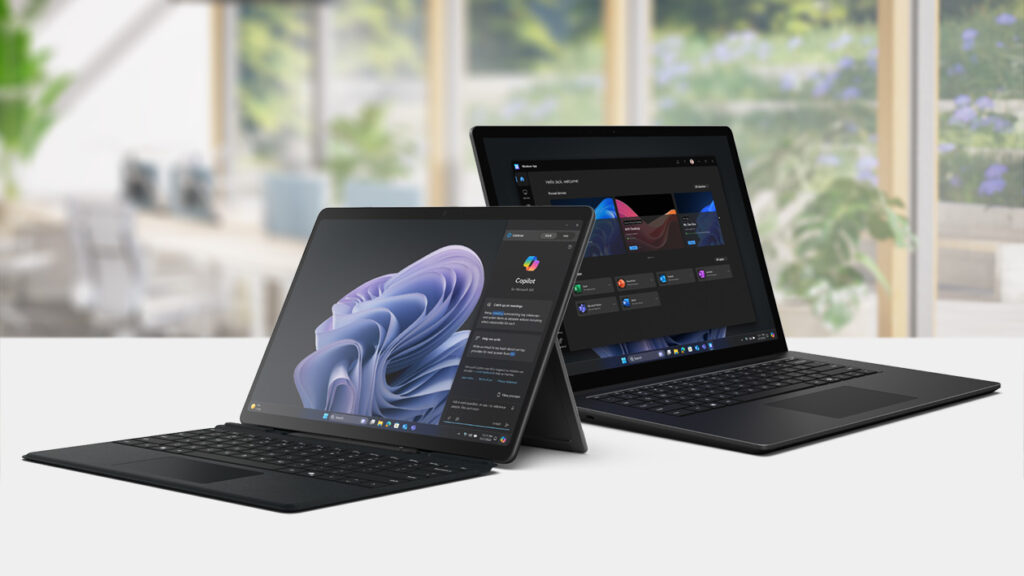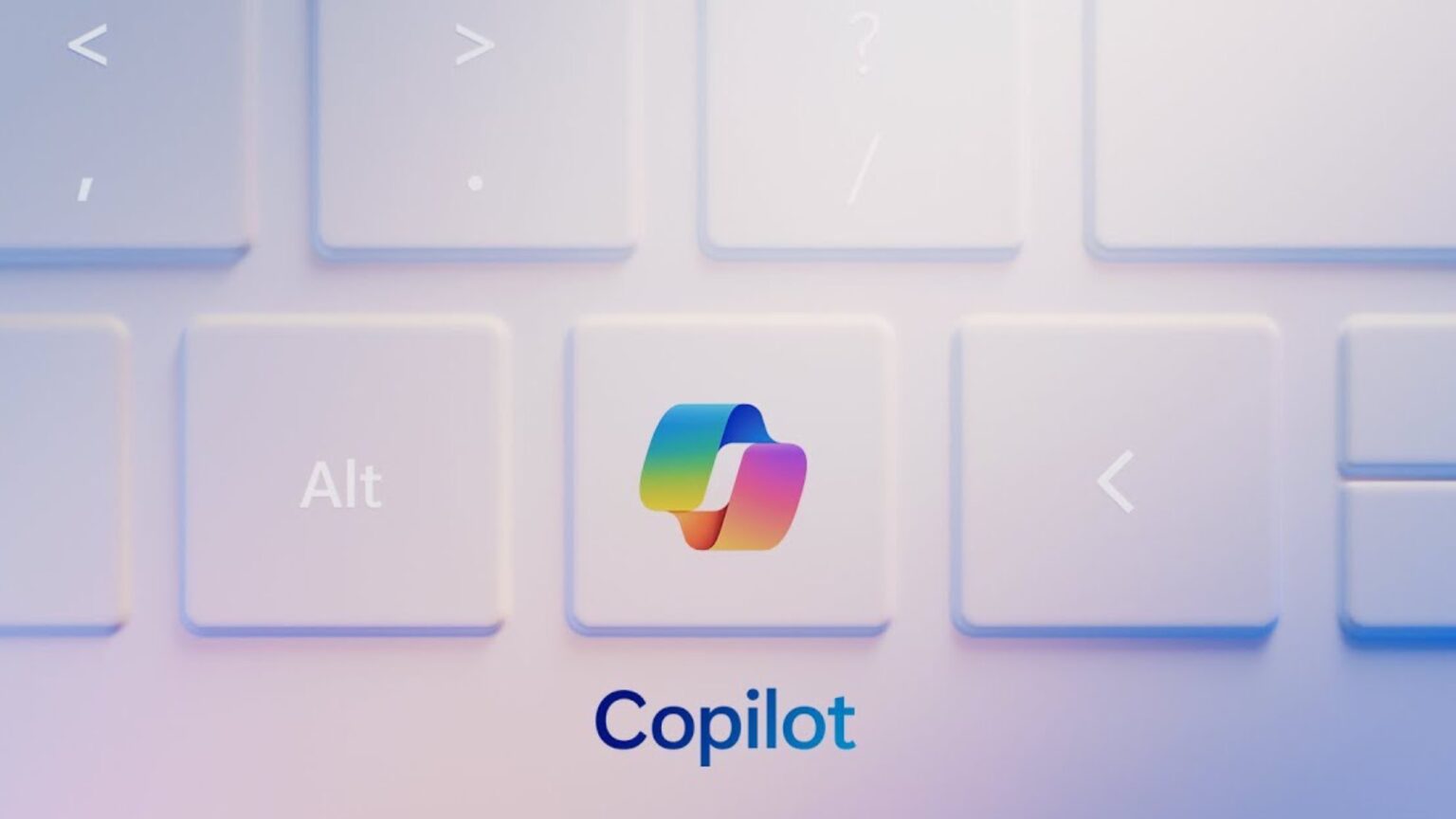Microsoft launched its first Surface PCs with a dedicated button on the keyboard that launches the company’s Copilot AI chatbot instantly, making good on a promise it made in January.
The ribbon-like feature, which sits on the right near the space bar, was added to the new convertible Surface Pro 10 for Business and Surface Laptop 6 for Business, Microsoft announced on Mar. 21.
The Copilot AI button had already started appearing on some new machines from Microsoft’s “ecosystem partners,” like Dell, HP, and Lenovo, reportedly the biggest seller of PCs.
Also read: Microsoft Hires DeepMind Co-Founder to Head its Consumer AI Products
No consumer release yet
“We designed these products from the ground up, to be packed with features [for] business customers… – from Copilot to ports to security and performance,” the company said in a blog post.
This is the first time in 30 years that a new key has been added to the PC keyboard. The last time it happened was in 1994, when the U.S. software giant introduced the Windows/Start key (the button with the Microsoft logo on it).
In November, Microsoft launched Copilot, an AI-driven service that helps people perform tasks like summarizing articles and virtual meetings. The service works across the company’s web and productivity apps, such as Office and Excel.
Copilot can even create a song from scratch, thanks to Microsoft’s deal with AI music outfit Suno. By pressing the Copilot key, users will activate Microsoft’s GPT4-powered AI assistant to do all of the things listed above, including reading emails or drafting responses.
The company invested $13 billion in ChatGPT-creator OpenAI and has been leveraging the startup’s technology in services like Bing and now Copilot. When you press the new key, a Copilot panel will appear on the right side of the screen and you can ask it anything.
However, Microsoft said the new AI-powered Surface devices will not be available to the public just yet. A spokesperson told CNBC that the firm “remains absolutely committed to consumer devices.”
“Building devices that people love to use aligns closely with our company mission to empower individuals and organizations,” the person said.
“We are excited to be bringing devices to market that deliver great AI experiences to our customers. This commercial announcement is only the first part of this effort.”

AI PCs
The Copilot key sits on the right near the space bar, replacing the CTRL button or Fn modifier key on some PCs, while on others it replaces the menu key. For laptops where Copilot is not enabled, hitting the key will launch Windows Search and not its AI.
The Surface for business PCs are part of Microsoft’s ambitions for AI-enabled computers. The devices run on high-tech chips capable of operating large-language models and other artificial intelligence-based apps directly on the machine instead of in the cloud.
The Redmond, Washington-based firm is calling its new machines AI PCs. Each computer comes with an Intel Core Ultra processor and an integrated neural processing system, or NPU, to power AI use cases more efficiently and faster, with increased battery life.
Microsoft’s recent addition of AI features in Windows 11 run on the NPU, giving the popular operating system ability to automatically transcribe audio as well as simulation of eye contact during video calls, the CNBC reports.
According to the company, the new Surface Pro and Surface Laptop start at a price of $1,199. The PCs, which are built to showcase the full potential of the Windows operating system, are now available for pre-order in some markets, and they’ll ship from April 9.
Microsoft is not the only company with customised keys. In the 1980s, Apple came up with its “Command” key, which was used for keyboard shortcuts. Google has a search button on its Chromebooks, and it experimented with an AI-specific key to launch its voice assistant on its Pixelbook, now out of use.









 and then
and then